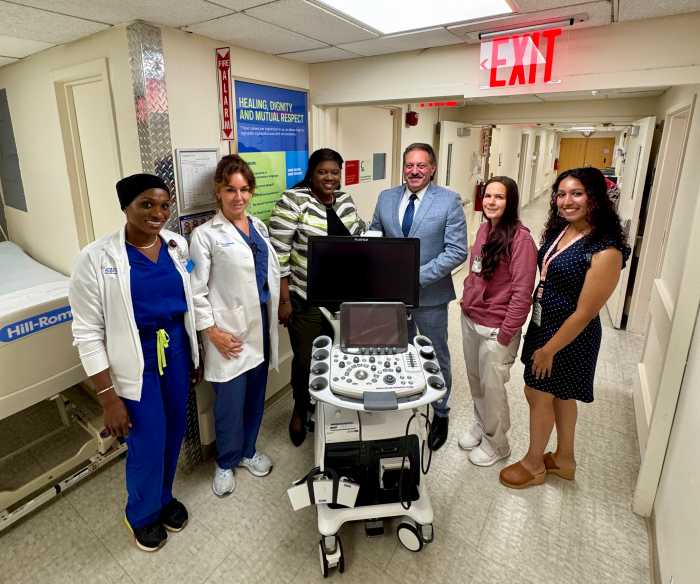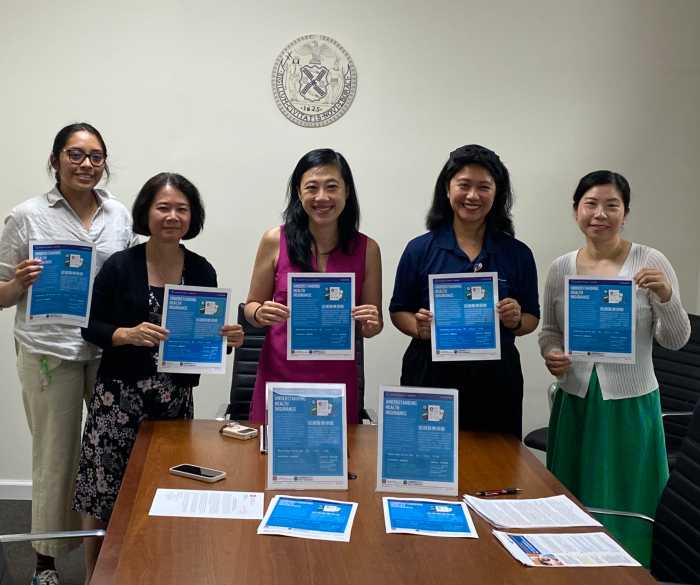BY RONALD A. FATOULLAH, Esq. and LIAN KUANG-MAOGA, Esq.
The Palliative Care Information Act (PCIA) was passed on August 16, 2010 and will take effect on February 9, 2011. This new law is a “victory” for patients receiving care in New York State. It supports a basic right afforded to all patients: the right of informed consent. Informed consent requires more than a signed consent form from the patient agreeing to the recommended medical procedure or treatment.
Generally, it is a process that requires a doctor to actually discuss options and risks with patients and patients must understand, to the extent possible, the risks they are facing before a decision is made.
However, the process of informed consent is often minimized and decisions are deferred to doctors. This is especially true in cases involving terminally ill patients as doctors tend to shy away from discussions about end-of-life care treatments for fear of causing emotional harm to these patients. This article will discuss how the PCIA works and examines some of the concerns about the new law.
The PCIA applies only when a patient is diagnosed with a terminal illness or condition. Under the PCIA, a terminal illness or condition is defined as one which can reasonably be expected to cause death within six months (whether or not treatment is provided).
When a patient is diagnosed with a terminal illness or condition, the PCIA requires the patient’s attending doctor or nurse practitioner to offer the patient information and counseling specifically regarding palliative care (i.e. prevention or relief of pain and suffering and enhancing the quality of life of the patient) and end-of-life care options appropriate to the patient. This information is in addition to information and counseling regarding treatments for the patient’s particular illness or condition.
If the patient lacks the ability to understand and make informed choices, this information must then be offered to a person with the authority to make health care decisions for the patient such as an agent under a Health Care Proxy. The doctor at this stage is only required to offer the information, not to actually give the information, and the patient or the authorized representative therefore can always decline if he or she is not interested.
If a patient does decide to accept information and counseling under the PCIA, the attending doctor or nurse practitioner is required to either personally provide the information and counseling to the patient or arrange for it to be provided by another professionally qualified individual. The information and counseling can be provided verbally or in writing. The information includes but is not limited to the following:
the prognosis, the range of options appropriate to the patient, risks and benefits of the various options, and the legal rights to comprehensive pain and symptom management at the end of life.
There are fears that discussions about end-of-life care will cause emotional harm to the patient or result in the patient’s loss of will to fight. However, according to a recent article in the New York Times, research shows “no increase in serious depression or worry” and, more importantly, “the worst psychological distress occurs in patients and family members when end-of-life talks had not taken place.” Other studies have shown that end-of-life care discussions “can reduce costly aggressive yet futile treatments, improve the quality of remaining life for patients and their families and result in more dignified deaths unencumbered by medical technology.”
The PCIA does not change the ability of patients to choose aggressive treatment nor does it impose on patients who do not want to talk about end-of-life care. The law does empower terminally ill patients to take control of their health care decisions and have the opportunity to discuss options that may spare them from “needless suffering from a futile, aggressive and brutal battle against mortality.”
Ronald Fatoullah is a leading expert in the field of elder law. He is the founder and managing attorney of Ronald Fatoullah & Associates, a law firm concentrating in elder law, Medicaid eligibility, estate planning, special needs, trusts & estate, wills, etc. Fatoullah has been certified as an Elder Law Attorney by the National Elder Law Foundation. Fatoullah is a co-founder of Senior Umbrella Network of Queens. The firm’s offices are located in: Long Island, Queens, Manhattan & Brooklyn. This article was written with the assistance of Lian Kuang-Maoga, Esq, a staff attorney at the firm. The firm can be reached by calling 718-261-1700, 516-466-4422, or toll free at 1-877-ELDER-LAW or 1-877-ESTATES



































